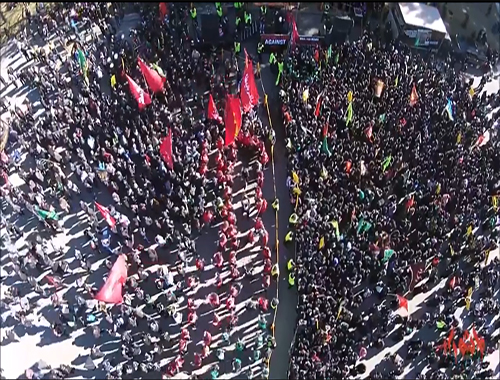Not repaying debts is Khayanat to all
- Details
- Hits: 2236
Not repaying debts is Khayanat to all
The above hadith makes it amply clear that not fulfilling someone’s right or delaying the repayment of debt is equal to Khayanat. Consequently, all the traditions that are recorded in the chapter on Khayanat are equally applicable here and the Prophetic traditions have described Khayanat as a kind of oppression.
The Holy Prophet (S) has announced:
“A Muslim who inspite of being capable delays the repayment of debt has committed oppression upon all the Muslims.”
(Wasa’il ul-Shia Vol.13 page 97)
Not repaying a debt is a kind of oppression upon the creditor. In fact such an act is an oppression upon the Muslims in general. This is so because, upon seeing, that this person inspite of being capable is not repaying the debt, others who are capable of lending money will be disinclined to do so, for fear of meeting with a similar fate. Lending is a meritorious act and anyone who is responsible for discouraging it, has indeed oppressed all Muslims.
Hazrat Imam Ja’far as-Sadiq (a.s.) has said:
“May Allah curse the one who closed the door of good actions. And it is the one who is not thankful to the one who has done some good towards him. Consequently the doer of good refrains from doing the same favour towards someone else in the future.”
(BihÄr al-AnwÄr, Wasa’il ul-Shia)
Certainly, lending is an act of goodness. Not repaying or causing undue delay in the repayment is disregarding this favour. Also it can result in the creditor avoiding lending his money to anyone else in future.











